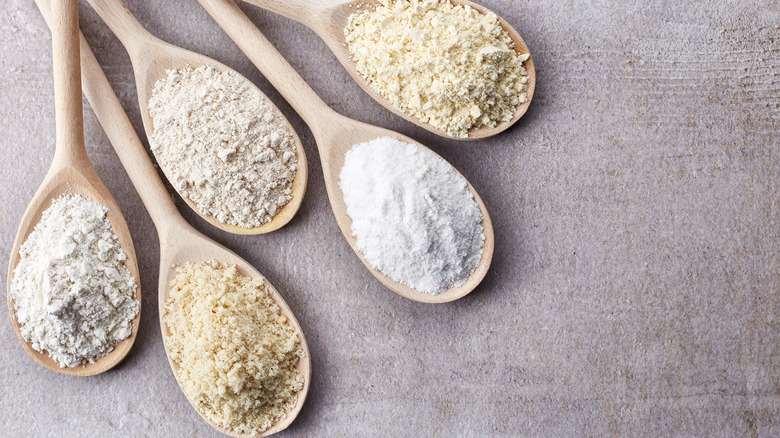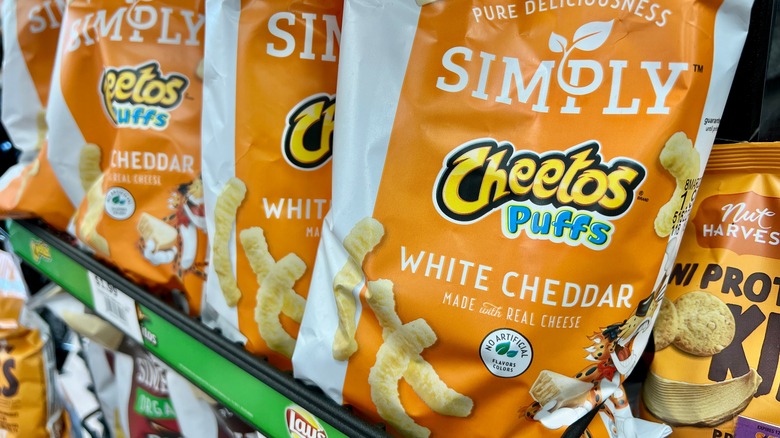The Alternative Grains That Could Be In Future PepsiCo Products
On July 10 to 13, The Institute of Food Technologists hosted its FIRST (Food Improved by Research, Science and Technology) Expo in Chicago. On July 11, two presenters, Ajay Bhaskar, PhD, Director of Research and Development for PepsiCo, Inc. and Keith Petrofsky, PhD, director of R&D for Ardent Mills delivered an address detailing their companies' exploration of alternative grains (per Food Business News). Though alternative grains do present challenges for food manufacturers, like variable supply, due to changing weather conditions and regional availability, they also represent an opportunity for exploring new flavors, textures, and nutritional benefits from a wider variety of food sources.
PepsiCo addresses its focus on sustainability for both the planet and people in its PepsiCo Positive initiative that includes measures like promoting restorative agricultural processes, using more sustainable packaging, more diverse ingredients with better nutritional benefits, addressing food security, promoting diversity and equality in their workforce, and helping consumers make informed food choices. What alternative grains does Dr. Bhaskar see in PepsiCo's future?
Peas and chickpeas may show up in PepsiCo products
Food Business News reports that Dr. Bhaskar sees the biggest role for alternative grains will be with PepsiCo's Simply line of foods. Simply products are versions of many of the company's popular snack foods but made without artificial flavors or colors. In the future, you might find a package of Simply Cheetos or Doritos that includes peas and chickpeas among its list of ingredients.
Why peas and chickpeas? Dr. Bhaskar points out to Food Business News these alternative grains are widely grown in North America, "so there's a very nice supply chain." PepsiCo already uses alternative grains like quinoa and barley in its Quaker Oats line, and expanding the use of alternative grains to other lines makes sense, given the company's commitment to sustainability. Chickpeas are a sustainable crop, requiring little water or fertilizer to grow, giving the crop a very small carbon footprint. Likewise, peas are a sustainable crop that's an outstanding alternative to meat as a source of protein (per Sustainable Protein Sources).
Will consumers welcome snack foods made with alternative grains? Dr. Petrofsky believes they will, telling Food Business News, "You might have heard of quinoa. Well, 25 years ago, how many of you had heard of quinoa?"

